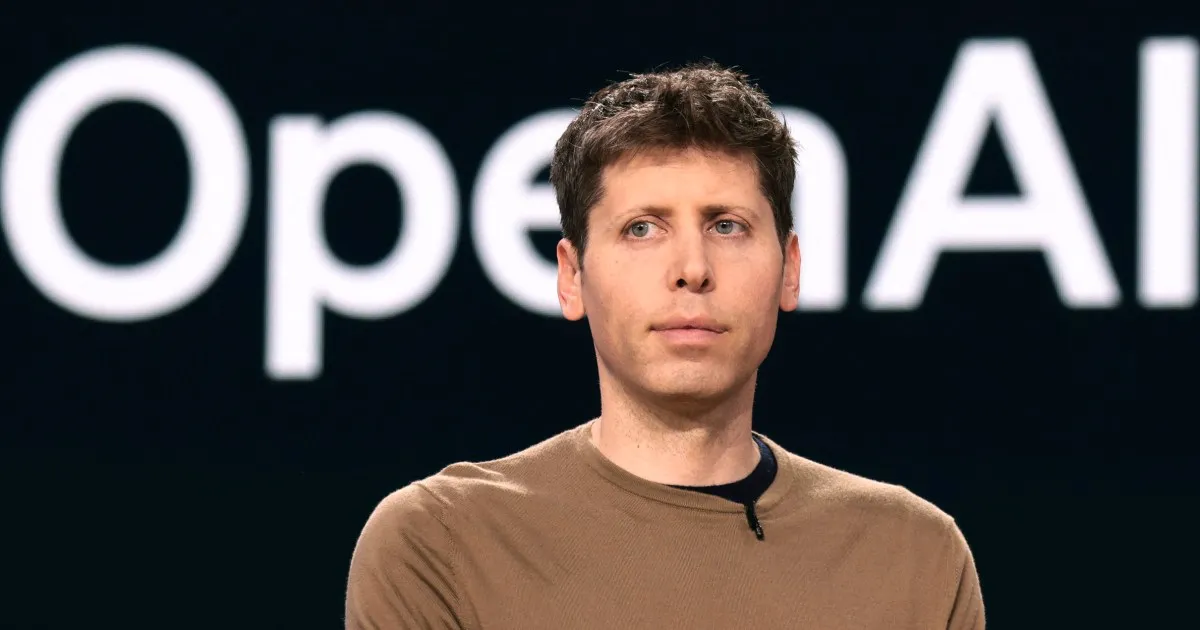
In a bid to challenge Alphabet’s market-dominating Google Chrome, OpenAI is reportedly on the verge of releasing an innovative AI-powered web browser. According to three sources familiar with the situation, this new browser is expected to launch in the coming weeks and aims to transform the way consumers engage with the web through artificial intelligence.
The introduction of OpenAI's browser will provide the company with direct access to a critical component of Google's success: user data. With a potential user base of 500 million weekly active users of ChatGPT, the browser could significantly impact one of Google’s key revenue streams—its advertising business. Currently, Chrome plays a pivotal role in Alphabet's ad revenue, accounting for nearly three-quarters of its income, as it efficiently collects user information to enhance ad targeting and profitability.
What sets OpenAI's browser apart is its design, which aims to keep user interactions within a ChatGPT-like native chat interface. Instead of the traditional method of clicking through to different websites, users may experience a more streamlined browsing process. This initiative is part of a larger strategy by OpenAI to integrate its services seamlessly into both personal and professional aspects of consumers' lives.
Since the launch of its revolutionary AI chatbot ChatGPT in late 2022, OpenAI has been navigating a competitive landscape, facing challenges from major players like Google and emerging startups such as Anthropic. To sustain its growth trajectory, OpenAI is exploring various avenues, including its recent $6.5 billion acquisition of io, an AI devices startup founded by Apple’s former design chief, Jony Ive.
The new web browser will enable OpenAI to directly incorporate its AI agent products, such as Operator, into the browsing experience. This means the browser could perform tasks on behalf of users—like making reservations or filling out forms—directly within the websites they visit. This functionality positions the browser as an ideal platform for AI “agents” to take meaningful actions for users, enhancing overall web interaction.
Despite OpenAI's ambitious plans, it faces stiff competition in the browser market. Currently, Google Chrome boasts over 3 billion users and holds more than two-thirds of the global browser market share, as reported by web analytics firm StatCounter. Apple's Safari is a distant second with a mere 16% share. Additionally, OpenAI recently announced it has reached 3 million paying business users for ChatGPT, indicating a growing demand for its AI solutions.
The competition is heating up as other AI startups, such as Perplexity, have also launched AI browsers capable of performing user actions. The Browser Company and Brave are among those providing AI-powered browsing experiences that can summarize web content and enhance user engagement. This surge in AI browser development signifies a shift in how users may interact with the internet in the future.
Chrome's success has not gone unnoticed by regulators. The Department of Justice has called for its divestiture, following a ruling last year that deemed Google’s parent company, Alphabet, to have an unlawful monopoly in online search. OpenAI’s decision to build its own browser, rather than simply creating a plugin for existing browsers, stems from a desire to gain more control over the data it collects.
OpenAI's new browser is built on Chromium, the open-source code that powers Google Chrome as well as other browsers like Microsoft’s Edge and Opera. Notably, OpenAI has hired two former Google vice presidents who were integral to the original Chrome development team. This strategic move signals OpenAI's commitment to not only enter the browser market but to establish a robust presence within it.
As the tech landscape evolves, the anticipated launch of OpenAI's AI-powered web browser promises to reshape the competitive dynamics of the web browsing industry, potentially offering consumers a revolutionary way to interact with the internet.